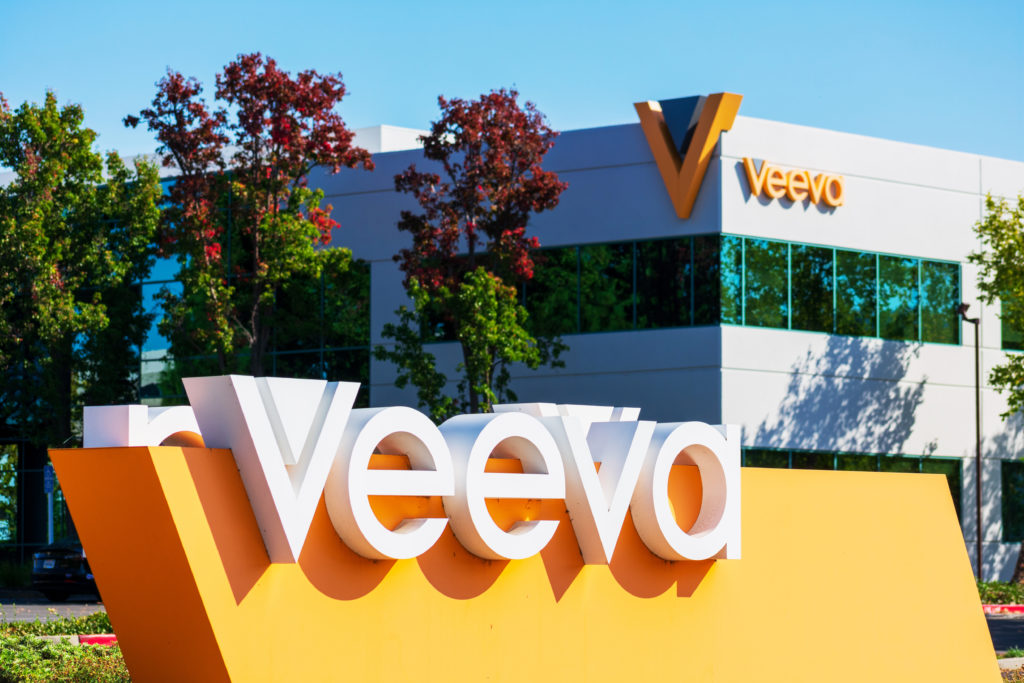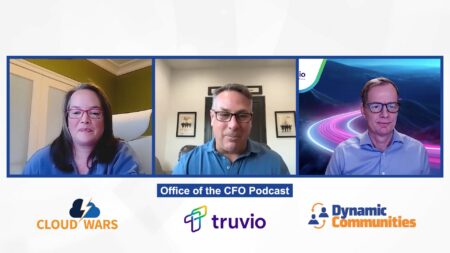While the major cloud providers are all likely salivating over the prospect of acquiring life-sciences highflyer Veeva Systems as a highly strategic industry-cloud asset, there’s only one problem: Veeva’s market cap is about $40 billion.
If you add on a 25% premium (which could end up being much higher), that equates to a final price tag of somewhere between $50 billion and $60 billion to acquire a superb company the massive life-sciences sector.
Even in these heady days of stratospheric valuations, $50 billion is still a whole lotta money, which means that the number of potential buyers with the wherewithal to acquire, integrate, and optimize Veeva is fairly small.
That’s why I’ve floated the names of Microsoft (market cap of $2.45 trillion) and Amazon (market cap of $1.73 billion) in the headline above: because they are perhaps the only two companies that have the strategic need for life-sciences start Veeva and the financial means to shell out at least $50 billion.
A third possible candidate is Google Cloud, which certainly has the financial muscle for such a deal (parent Alphabet’s market cap is $1.91 trillion). But I’m not sure that CEO Thomas Kurian’s vision for Google Cloud’s future in industry-specific solutions extends all the way to selling packaged cloud applications. Then again, the world is changing incredibly fast, and Kurian and team might decide that Veeva is a breakthrough opportunity is a massive market segment.
I’d also add that such scenarios, which only a few weeks ago would have appeared far-fetched, are today much more feasible in the wake of Oracle’s planned $28.3-billion acquisition of EHR powerhouse Cerner.
As I laid out earlier this week in my analysis headlined The Oracle-Cerner Frenzy Will Trigger an Acquisition Boom, the industry clouds have emerged as a massive force as companies look to become end-to-end digital businesses propelled by an entirely new range of processes and capabilities. Traditional enterprise applications were never intended to deliver such purpose-built precision, so a new generation of industry clouds are surging into the breach to fill that need.
So why Veeva?
And why a price tag that could be about 2X what Oracle paid for Cerner?
First of all, while Veeva does play in the medical-technology space, the majority of its business is in life sciences, where its target customers are pharmaceutical companies. So while there are some similarities to Cerner, Veeva has a significantly different set of solutions, customer base, and market profile.
Veeva also has branched out into industry clouds for consumer goods, chemical companies, and cosmetics—so it would help a major cloud provider substantially expand its industry-cloud presence.
Here’s how the company describes itself on its investors page: “Veeva is a leading global provider of industry-specific, cloud-based software solutions for the life sciences industry. Our solutions enable pharmaceutical and other life sciences companies to realize the benefits of modern cloud-based architectures and mobile applications for their most critical business functions, without compromising industry-specific functionality or regulatory compliance.”
On the financial side, Veeva earlier this month reported quarterly revenue jumped 26% to $476.1 million, which means it will soon be on a $2-billion annualized run rate.
From CEO Peter Gassner: “Innovation and consistent execution have us tracking ahead of our 2025 targets and set us up for significant growth beyond. As the strategic partner to the life sciences industry in its move to new digital and specialty models, we are proud our work will help patients get the therapies they need faster and easier.”
And from CFO Brent Bowman: “Our focus on customer success delivered another great quarter with top and bottom-line results that exceeded our guidance. We are excited about the large and expanding market opportunity ahead and are investing aggressively across our people and products to support strong growth in the years ahead.”
In closing, I’d like to thank my friend and LinkedIn correspondent Jiri Kram for first pointing Veeva out to me several months ago. Jiri has an impressive record of spotting key trends before they fully emerge.









